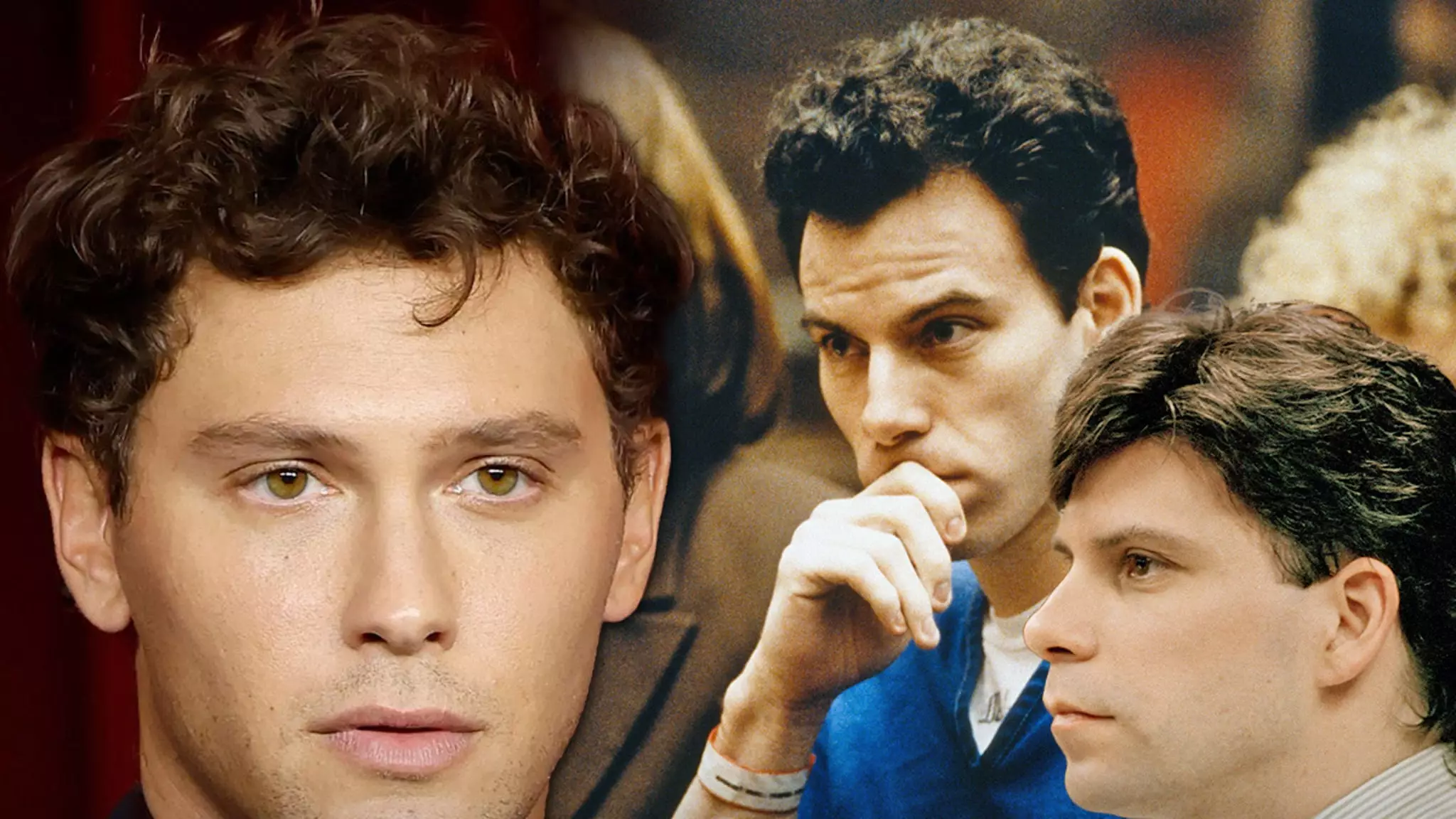The visceral emotions surrounding the Menendez brothers’ trial are palpable, even decades later. Recently, Cooper Koch, the actor who portrayed Erik Menendez in the Netflix series “Monsters: The Lyle and Erik Menendez Story,” demonstrated an intriguing act of solidarity by attending a court hearing concerning the brothers’ resentencing petition. His presence at the Van Nuys courthouse raises essential questions about empathy and the public perception of violent crimes, especially when the narrative seems to offer a lens into the traumatic experiences faced by the brothers.
The series itself has painted a compelling picture of the horrific circumstances that led to the brothers’ actions. By associating with the Menendez family during legal proceedings, Koch is making a statement that echoes the sentiments of many who feel that the brothers deserve another chance. But what does this say about society’s capacity to forgive and understand the complexities of human behavior?
The Legal Labyrinth
The courtroom drama naturally beckons not just intrigue but also legal scrutiny. In this instance, Los Angeles County District Attorney Nathan Hochman opposes the Menendez brothers’ push for a resentencing review. This complicated legal dance highlights a significant tension within the judicial system: the dichotomy between legal ethics and public sentiment. While Hochman insists that the brothers should remain incarcerated, arguing against their potential release on parole, the reality is layered with nuance.
This brings to light the broader questions facing the justice system: Are we merely punitive in our approach, or can we afford to consider the powerful forces of trauma that shaped the Menendez brothers’ lives? It seems this hearing isn’t merely about the brothers’ fates but a reflection of societal beliefs regarding redemption and accountability.
The Uncertain Future
Shifting gears to the potential outcomes of Friday’s hearing, the stakes could not be higher. It’s quite possible that a ruling could lead to further evaluations directed by California Governor Gavin Newsom, intending to determine whether Erik and Lyle present a danger to society. This echoes a larger conversation about long-term imprisonment and rehabilitation. As the parole board weighs evidence and input from various stakeholders, the very question of risk assessment becomes a moral dilemma.
Should we continue to allow past actions to indefinitely define individuals? Or is there a pathway for those who have served time to reintegrate into society successfully? Many advocates are arguing that time served should come with a reassessment of the individual based on their rehabilitation efforts and the evolving narratives around their experiences.
A Cultural Reflection
Cooper Koch’s act of support illustrates a broader cultural shift toward empathy for individuals from backgrounds riddled with trauma. It’s not mere celebrity endorsement; it’s a call for deeper understanding of individuals who have been rendered as societal outcasts. While many still view the Menendez case through the lens of horror, there exists a growing discourse advocating for compassion and second chances.
The Menendez brothers may be notorious, but their story can also lead us to examine the complex interplay of abuse, mental health, and the human capacity for change. As public perception continues to evolve, we are reminded that every narrative, no matter how harrowing, is deserving of thoughtful examination and humane consideration.

